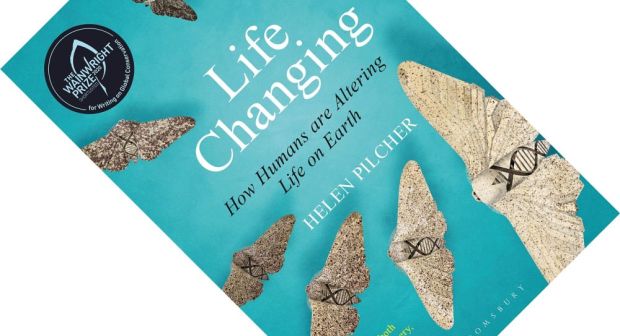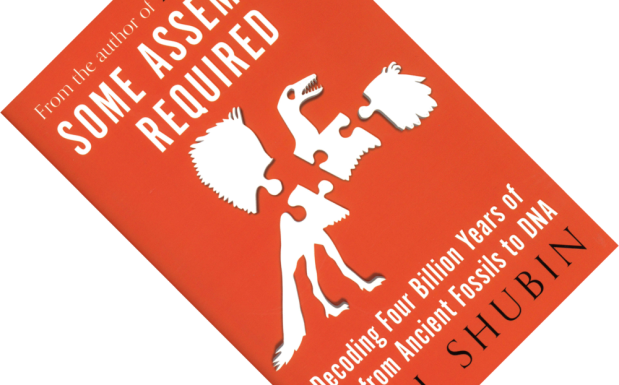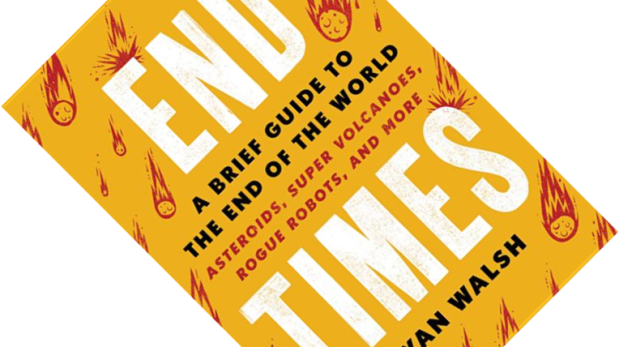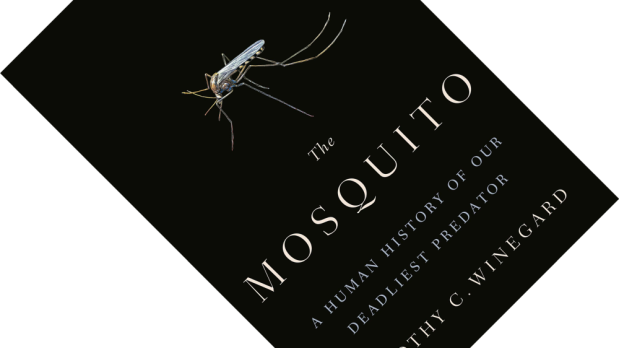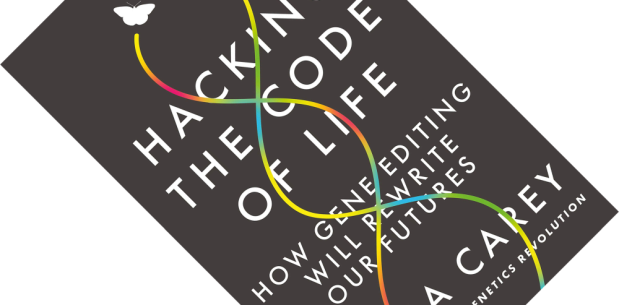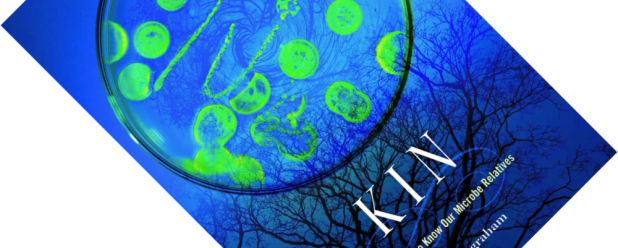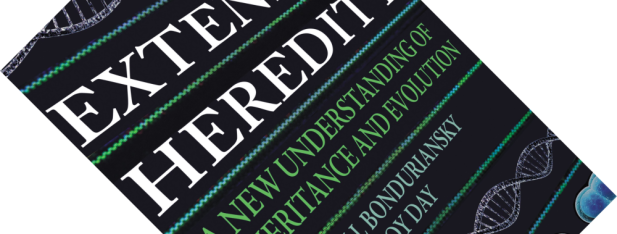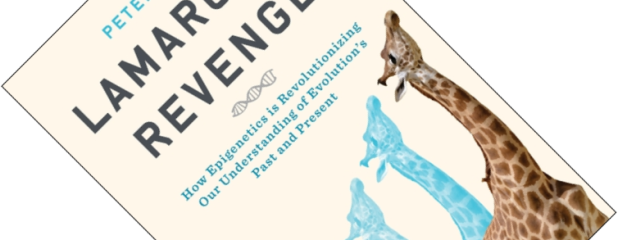7-minute read
Ever since humans appeared on the scene, we have been altering life on Earth. Where once our actions could be considered part of nature’s fabric, our influence has become outsized and our options to exercise it have multiplied. Though the subtitle of Life Changing does not make it explicit, science writer Helen Pilcher focuses on our impact on the genetics and evolution of life around us. A book that stands out for its balanced tone, it managed to surprise me more than once, despite my familiarity with the topics considered.

